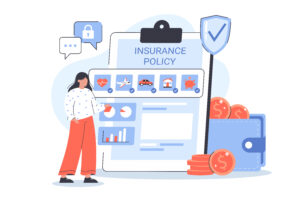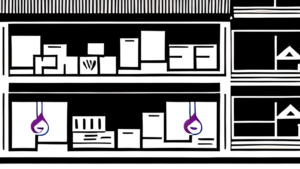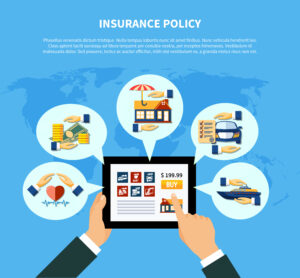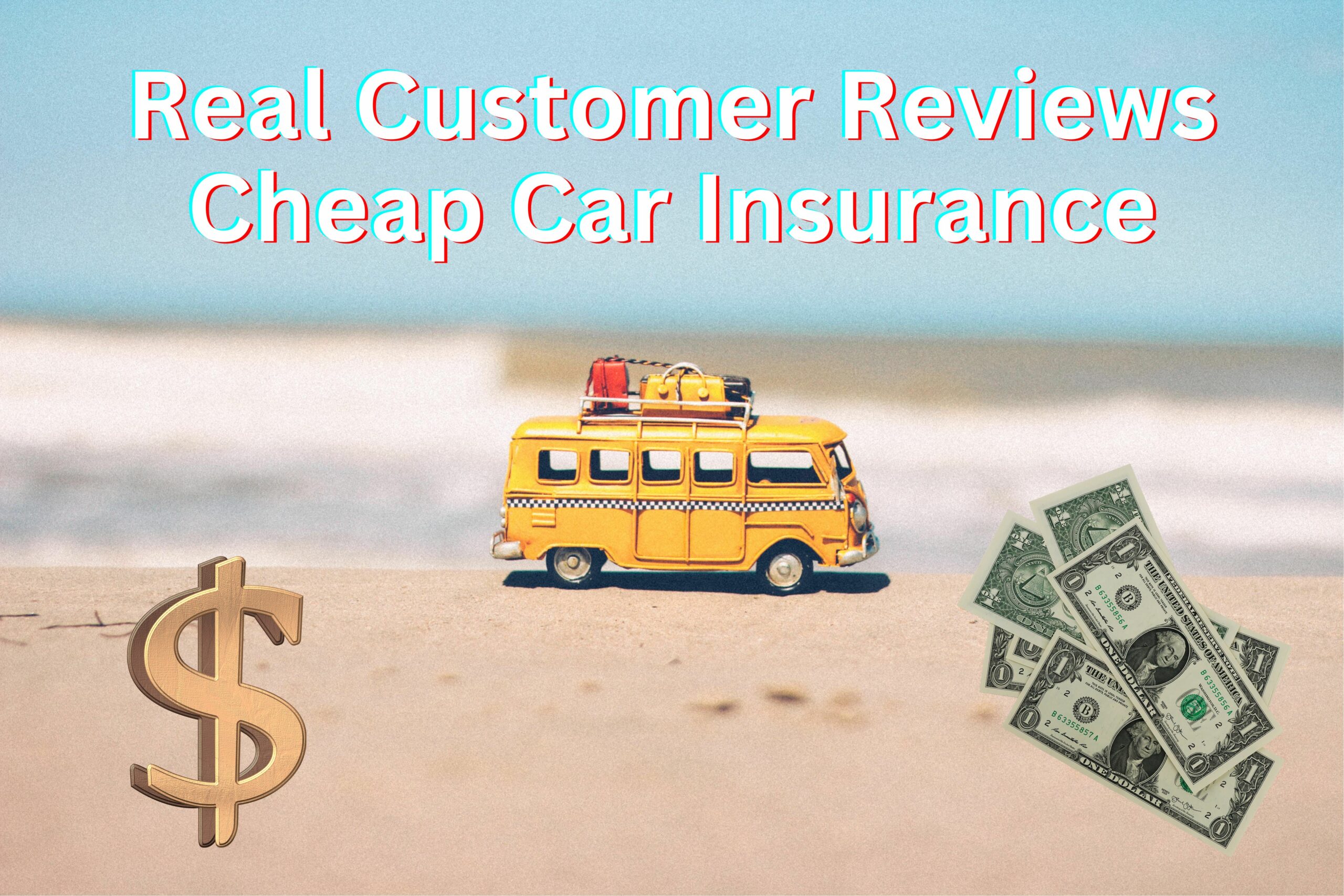Small Business Insurance Demystified: Discover the Ultimate 8 Coverage Plans
Table of Contents
- Introduction
- General Liability Insurance
- Professional Liability Insurance
- Property Insurance
- Workers’ Compensation Insurance
- Business Interruption Insurance
- Commercial Auto Insurance
- Cyber Liability Insurance
- Key Person Insurance
- Frequently Asked Questions
- Conclusion
Introduction
Small businesses play a vital role in the economy, driving innovation and creating job opportunities. However, they face numerous risks and uncertainties that can pose significant threats to their survival and growth. In light of these challenges, it is crucial for small business owners to understand the importance of comprehensive insurance coverage.

Understanding Small Business Insurance
- What Is Small Business Insurance?
Small business insurance refers to a set of insurance policies specifically designed to protect the assets, operations, and employees of small businesses.
- Why Do Small Businesses Need Insurance?
Small businesses are constantly exposed to various risks and vulnerabilities. From property damage to legal claims, a single incident can lead to substantial financial loss and even the closure of a business. Having insurance coverage is essential to mitigate these risks and safeguard the business’s future.

The Key Types of Small Business Insurance
- General Liability Insurance
General liability insurance serves as a fundamental coverage plan for small businesses. General liability insurance acts as a safety net, shielding businesses from potential lawsuits and financial ruin.
- Property Insurance
Property insurance offers essential coverage for the physical assets of a small business. It protects against damage or loss resulting from incidents such as fire, theft, vandalism, or natural disasters.
With property insurance, small businesses can recover quickly from unforeseen events and resume their operations promptly.
- Professional Liability Insurance
Service-oriented businesses find professional liability insurance, also referred to as errors and omissions insurance, especially vital. It offers protection against claims of professional errors, negligence, or malpractice.
This coverage provides financial support for legal defense fees, settlements, or judgments resulting from professional mistakes or inadequate services.
Professional liability insurance maintains the reputation and credibility of small businesses in the face of potential litigation.
- Workers’ Compensation Insurance
Workers’ compensation insurance is a legal requirement in most states. This insurance protects both the employer and employees by ensuring that eligible medical and financial benefits are provided promptly.
- Commercial Auto Insurance
For small businesses that rely on vehicles to operate, commercial auto insurance is indispensable. It covers company-owned vehicles against accidents, vandalism, theft, or damage caused by natural disasters.
From delivery vans to service trucks, this insurance ensures that businesses can recover quickly from vehicle-related incidents and minimize disruptions.
Commercial auto insurance provides financial protection for vehicle repairs, medical expenses, and potential lawsuits arising from accidents involving company vehicles.
- Cyber Liability Insurance
Cyber liability insurance is designed to protect businesses from the financial consequences of such incidents.
This coverage includes expenses related to data breach notifications, data recovery, legal fees, and liability claims resulting from cyberattacks.
- Business Interruption Insurance
Business interruption insurance bridges the financial gap during periods of halted operations.
This insurance provides coverage for lost income, ongoing expenses, and temporary relocation costs while a business is recovering from a disaster.
Business interruption insurance allows small businesses to survive difficult times without jeopardizing their long-term sustainability.

- Employment Practices Liability Insurance (EPLI)
EPLI provides protection against lawsuits alleging wrongful termination, discrimination, harassment, or other employment practices violations.
This coverage offers financial assistance for legal defense costs, settlements, or judgments arising from such claims.
Choosing the Right Small Business Insurance
- Assessing Business Risks
Before selecting insurance coverage, small business owners must conduct a thorough risk assessment. Identifying potential risks and liabilities specific to their industry and operations is crucial.
By understanding the unique risks faced by their business, owners can determine the appropriate coverage plans needed to mitigate those risks effectively.
Engaging with insurance professionals or risk management experts can assist in identifying and evaluating potential risks.
- Understanding Policy Coverage
Small business owners should carefully review policy details, including deductibles, coverage limits, and additional endorsements or riders available.
Comparing coverage options against potential risks and the business’s financial capacity is essential in determining adequate insurance coverage.
- Comparing Insurance Providers
Researching and evaluating insurance companies is crucial to finding the right insurance provider. Take into account these key aspects when selecting a provider:
Reputation and financial stability of the insurance company.
Customer reviews and testimonials.
Range of coverage options and flexibility in customization.
Quality of customer service and claims process.

You can also read : Loan Origination Success: 7 Proven Phases
Summary of Insurance with Case Examples
-
Case Example 1: Restaurant Business
For a restaurant business, the following coverage plans are recommended:
General Liability Insurance to protect against customer slips and falls or food-related illnesses.
Property Insurance to cover potential fire damage or theft of kitchen equipment.
Workers’ Compensation Insurance to provide for medical expenses if an employee is injured while working.
-
Case Example 2: IT Consulting Firm
An IT consulting firm should consider the following coverage plans:
Professional Liability Insurance to safeguard against claims of negligence or errors in providing IT services.
Cyber Liability Insurance to mitigate financial losses resulting from data breaches or cyber attacks on client systems.
Business Interruption Insurance in case of unexpected disruptions that halt project progress and lead to lost income.
-
Case Example 3: Retail Store
For a retail store, the following coverage plans are recommended:
General Liability Insurance to protect against slip and fall accidents or injuries caused by defective products.
Property Insurance to cover damage from theft or natural disasters to inventory, fixtures, and the physical store.
Employment Practices Liability Insurance to safeguard against employee claims of discrimination or wrongful termination.
Frequently Asked Questions (FAQs)
Here are some common questions regarding small business insurance:
How much does small business insurance cost?
Can I bundle different coverage plans?
What are the elements that influence the price of insurance for small businesses?
How do I file an insurance claim?
Can one potentially possess an excessive amount of insurance protection?
Conclusion
Small business insurance is not a luxury; it is a necessity for protecting the future of a business. By understanding the key coverage plans discussed in this article and assessing their individual risks, small business owners can make informed decisions when choosing the right insurance coverage.



